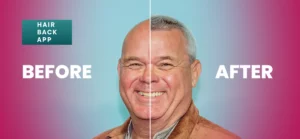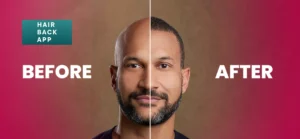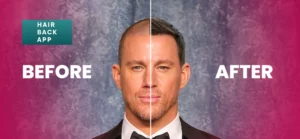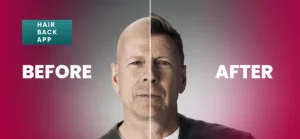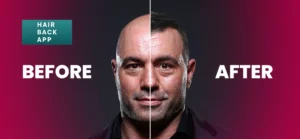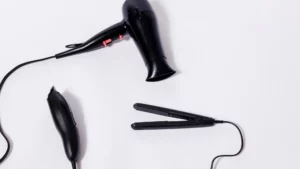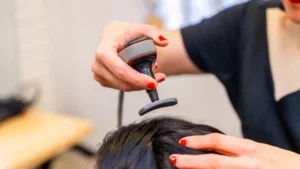Hair transplantation is a more effective and successful method of hair restoration than any other product or procedure currently available. However, some factors to consider include the surgeon’s experience, skills, hair thickness, and the quality and quantity of the donor hair, all of which can affect the success rates of hair transplantation. It is also important to know that not everybody is a good candidate for a hair restoration transplant due to the reason they are suffering from hair loss.
Are hair transplants permanent?
It’s regarded as a permanent hair restoration method. The transplanted follicles begin to grow hair and fill in the bald patches after the hair transplant procedure is completed. Hair retains the characteristics of the area from which it was extracted, no matter where it is implanted.
A hair transplant is usually designed to be permanent, and it will last for the rest of your life. Hair loss, on the other hand, is a progressive condition that may necessitate multiple procedures to achieve the desired results, if you start losing hair in other areas.
Does hair transplantation give 100% success?
An experienced surgeon will plan the grafts’ implantation angle, hair color, texture, direction, and diameter to create a natural appearance and ensure 100% success. An experienced surgeon at a reputable clinic will offer the best chances of success.
Are hair transplants worth it?
There are studies that show that over 90% of people who have undergone hair restoration hair transplants are happy with the outcome. Hair restoration has proven to increase confidence.
Can a hair transplant fail?
As with any type of surgery, hair transplants can fail, although it is uncommon. To achieve sucess, you must do your homework and look for doctors who have the necessary training and experience. They will consult with you to make sure that you are a suitable candidate according to the hair loss diagnosis.
Some people who are good canditates may find relief from medications available to assist with hair loss. Minoxidil (Rogaine), an over-the-counter medication, and Finasteride (Propecia), a prescription medication, have all shown good results and can be considered an alternative to hair transplants. It is important to note that if you stop taking them, the hair restoration will stop.
Each follicular unit must be handled with care and placed correctly in the recipient area during a hair transplant procedure during a hair transplant. This part of the procedure necessitates a level of dexterity, precision, and experience. The hair follicles may dry out as a result of an improperly handled graft, causing the hair transplant to fail.
Hair transplant failure could also be caused by poor postoperative care. Your doctor will give you specific instructions on how to care for your new hair grafts after the procedure is completed. There should be no problems if you follow your surgeon’s instructions.


